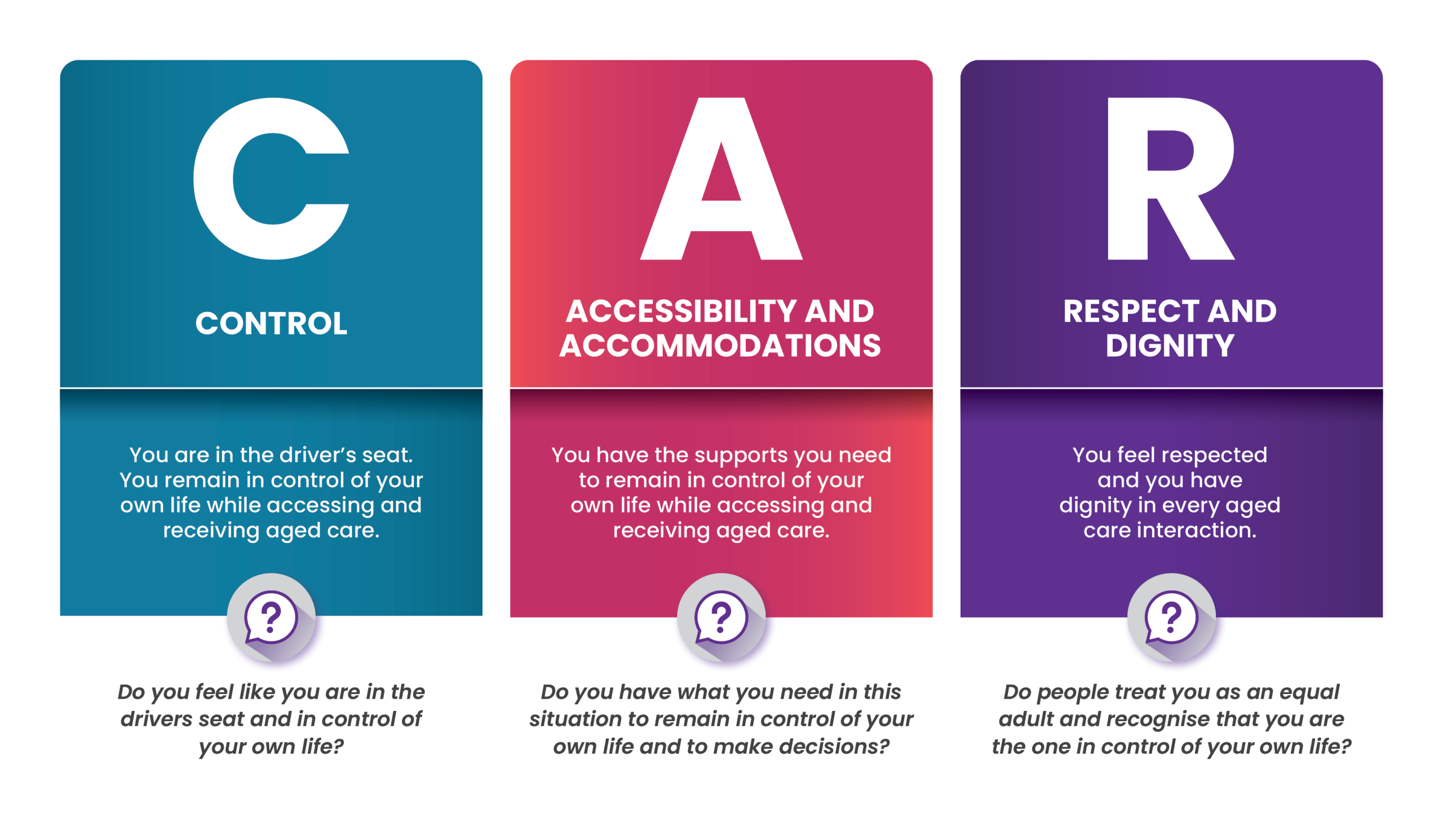Language
española
عربى
Italiana
Ελληνικά
தமிழ்
Tiếng Việt
हिन्दी
русский
中文
中文 (Taiwan)
한국어
Српски
Hrvatski
English



